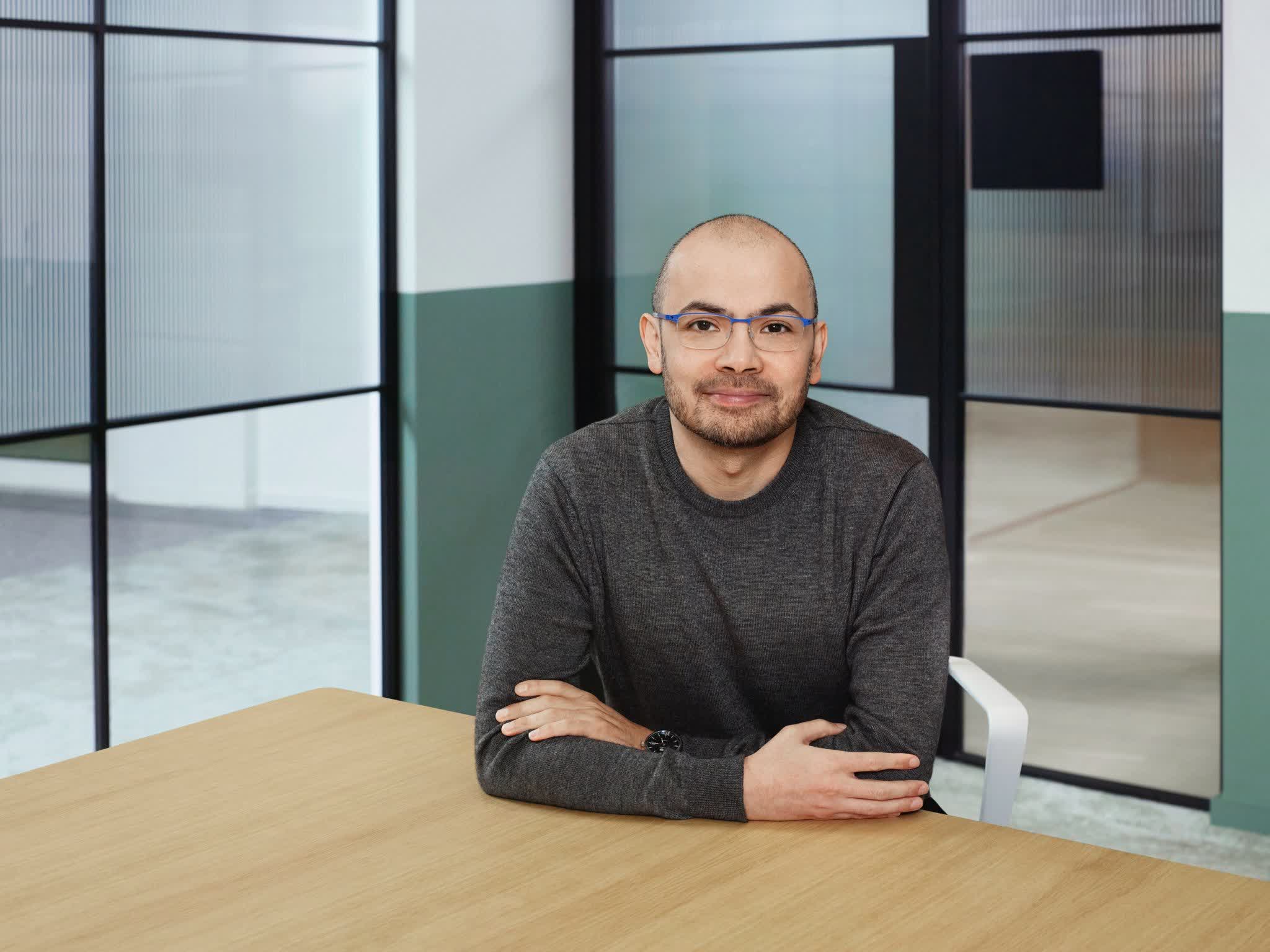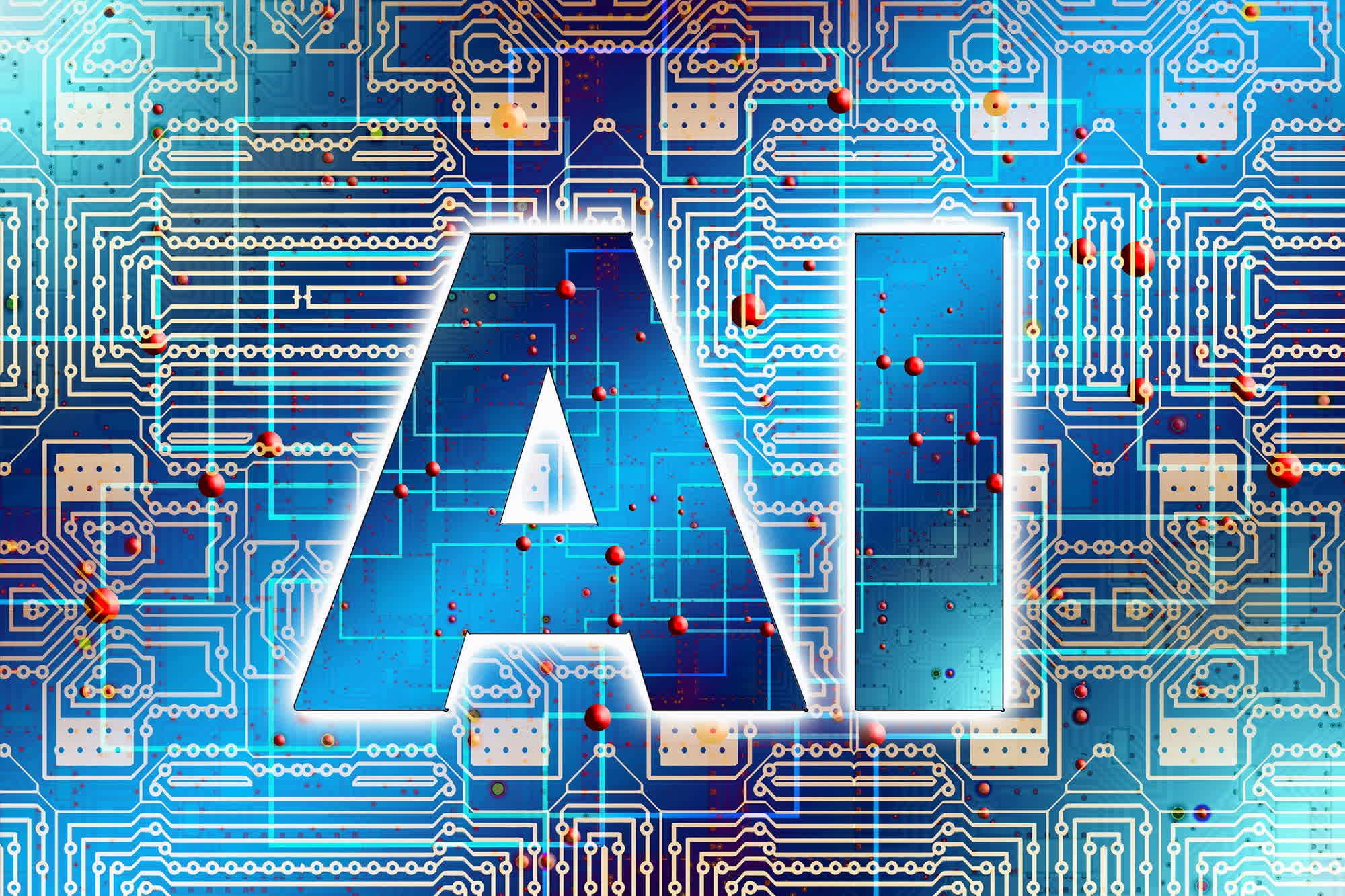The big picture: Long before the recent exploits of OpenAI and other generative AI systems, Demis Hassabis was working on very powerful, "intelligent" algorithms at Google's DeepMind laboratory. Now, the British researcher is teasing yet another evolutionary step in the AI business.
Gemini, the latest AI product DeepMind researchers are working on, will seemingly put ChatGPT to shame. Demis Hassabis, CEO and co-founder of the British AI research lab acquired by Google in 2014, says Gemini's capabilities will go beyond what OpenAI is currently offering to companies and users thanks to its experience with the board game Go.
Gemini will inherit its supposedly superior capabilities from AlphaGo, the artificial intelligence that achieved a historical win against a champion (human) Go player in 2016. Gemini will behave like a ChatGPT-style large language model (LLM), but it will also have advanced abilities such as planning or problem solving thanks to the previously developed AlphaGo algorithm.
Hassabis says Gemini can be considered as a combination of some of the strengths of AlphaGo-type systems with the "amazing language capabilities" of LLM-based chatbots. Users (and likely customers) will be able to provide a textual prompt, and the AI will answer – while learning the best strategies to fully satisfy users' needs.

Gemini is still in development, and it will likely take some months to complete. The project, which could cost tens or even hundreds or millions of dollars, will use advanced AI techniques developed for AlphaGo such as reinforcement learning and tree search.
Reinforcement learning refers to the ability of software to learn how to tackle strategic problems, like choosing the next move in a Go match or playing a video game. Tree search is a method to explore and remember the next possible moves on a board.
Current LLM systems are limited in their ability to learn new things or even to "adapt" to strategic and complex problems as they solely rely on pattern search techniques to try and predict the most statistically significant snippets of text to answer a user's prompt. There's absolutely nothing "intelligent" in there, though the results of those limited generative AIs can be impressive if you don't need accountability, reliability or just factual accuracy.
Feedback-based reinforcement learning, which is one of the techniques improved by DeepMind researchers during these last years, could greatly improve LLM performance and give Gemini the edge over competitors.
Hassabis states that "80 or 90 percent of the innovations" we are now seeming in ChatGPT and other AI systems come from DeepMind and Brain, Google's AI research units which have now been combined in the Google DeepMind division. With Gemini, Mountain View could once again regain its supremacy in the AI race.
